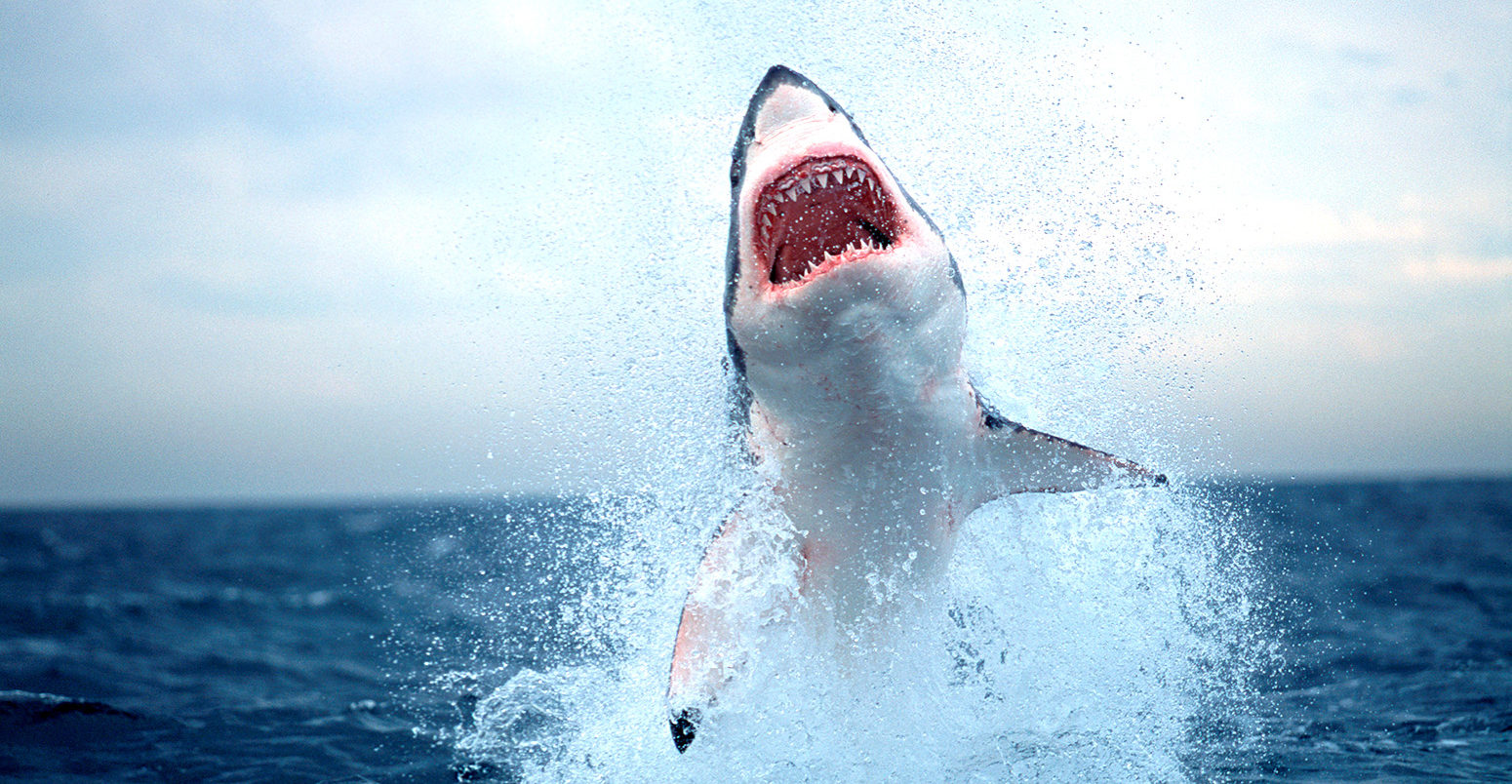Ecological Importance of Sharks
Shark species, as an apex predator of the sea, are critical to the stability and health of ecological systems. Without these sharks present, prey populations such as pinnipeds or fish will significantly increase. This will subsequently result in a top-down effect in the food chain. Examining the history of the importance of the Great White Shark to the ecosystem is a vital part of understanding its crucial role.
Sharks are often considered apex predators in their ecosystem mainly because they have few natural predators. As apex predators, sharks feed on animals below them in the food chain, regulating and maintaining the balance of marine ecosystems. Sharks and other apex predators limit the population of their prey, which in turn affects the prey of the species of those animals. The diets of top apex predators vary widely, which allows top predators to switch up prey when other species populations lessen.

Via: Carbon Brief
Apex predators not only affect population dynamics by consuming prey, but they also can control the spatial distribution of potential prey through intimidation (MarineBio Conservation). Some species alter their habitat use and activity level, leading to shifts in lower trophic levels. Top predators affect other animals in a cascade effect throughout the ecosystem, ultimately influencing community structure (MarineBio Conservation).
By preventing one species from monopolizing a limited resource, predators increase the species diversity of the ecosystem (MarineBio Conservation). When comparing areas with and without apex predators, it is shown that apex predators provide more biodiversity with a higher density of individuals, while areas without apex predators experience species absences. Apex predators are very important due to the potential for unchecked predation by other lower predatory species. This causes over-consumption of vegetation by prey species with an increase in competition that will ultimately affect the species richness and abundance within their ecosystem. Sharks and many other apex predator species are a necessary component to maintaining a complex ecosystem full of diversity and life.

Sharks Mating Via: Deskgram
Unlike most animals, sharks do not take care of their young. As soon as their pups are born, they are left out to hunt and take care of themselves. Many sharks give birth to two or three pups who are generally healthy and well developed (Support our Sharks). In other cases such as species of fish or turtles give birth to large amounts of ill-developed young, producing quantity over quality. This, in effect, means that sharks are K-selected species. Sharks reduce their quantity of offspring with a corresponding increase in parental investment, which is varied among species to promote success in particular environments.
Mating among sharks is rarely seen by scientists and researchers. The fertilization of the female egg occurs internally, and usually deep underwater (Support our Sharks). Once the egg is fertilized, the sharks will carry their young in one of three ways. Oviparity is one of the first ways sharks carry their eggs. In oviparity, sharks will lay their eggs with a leathery egg case. The next way sharks carry their eggs is through the placenta, from which sharks feed and sustain their young. The last way sharks carry their eggs is through Ovoviviparity. This is when a shark will lay many eggs in their body and will remain till they are alive and fully developed. Sometimes some shark species will display a form of cannibalism, where the first born pup will eat all other eggs or pups while inside the mother’s body.
Bibliography
Great White Predation – Shark Research & Conservation Program (SRC) | University of Miami.” Shark Research Conservation Program SRC University of Miami.
“Great White Sharks, Carcharodon Carcharias.” MarineBio Conservation Society, marinebio.org/species/great-white-sharks/carcharodon-carcharias/.
“Support Our Sharks (SOS) Ocean Conservation Society.” Supportoursharks.com, www.supportoursharks.com/.